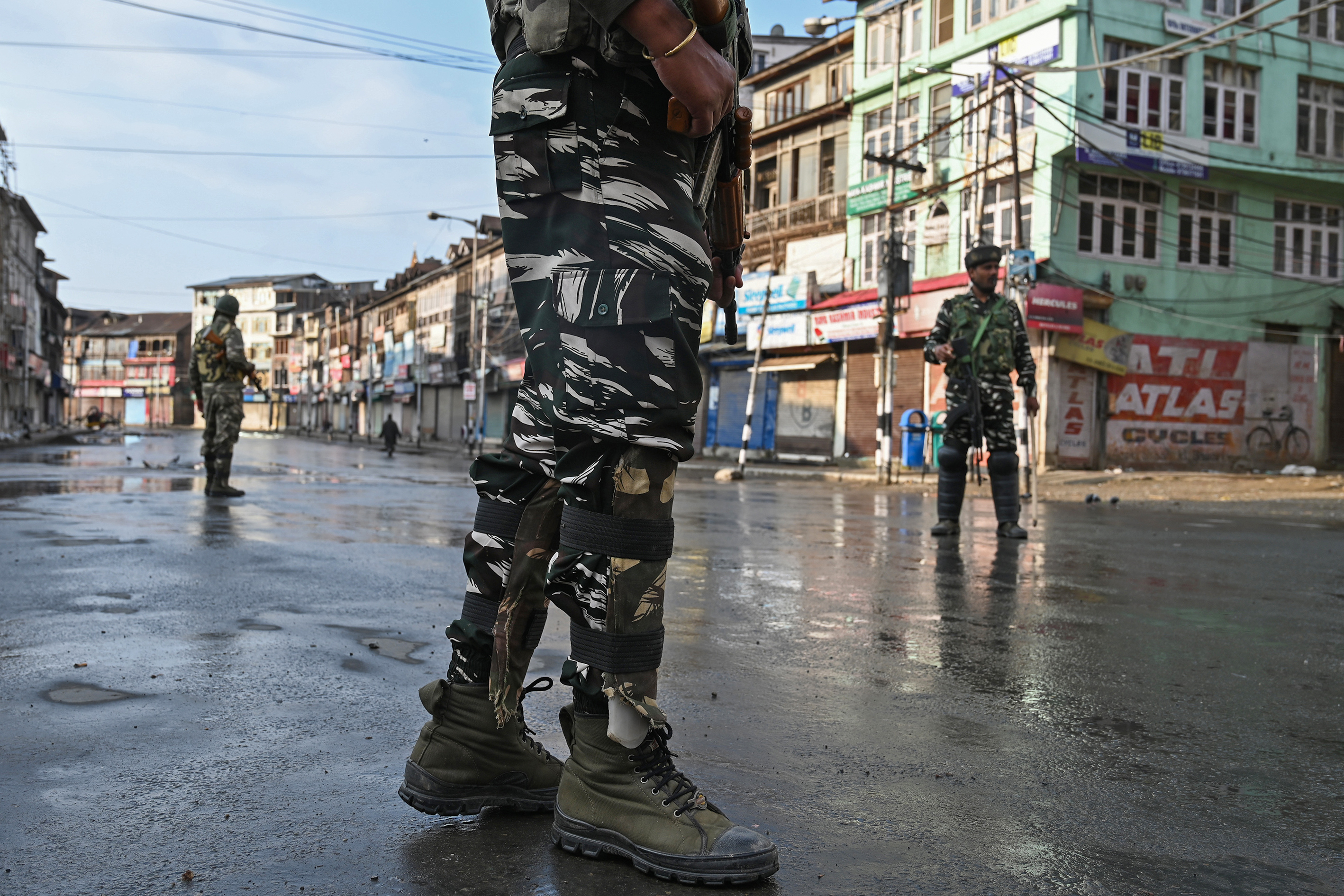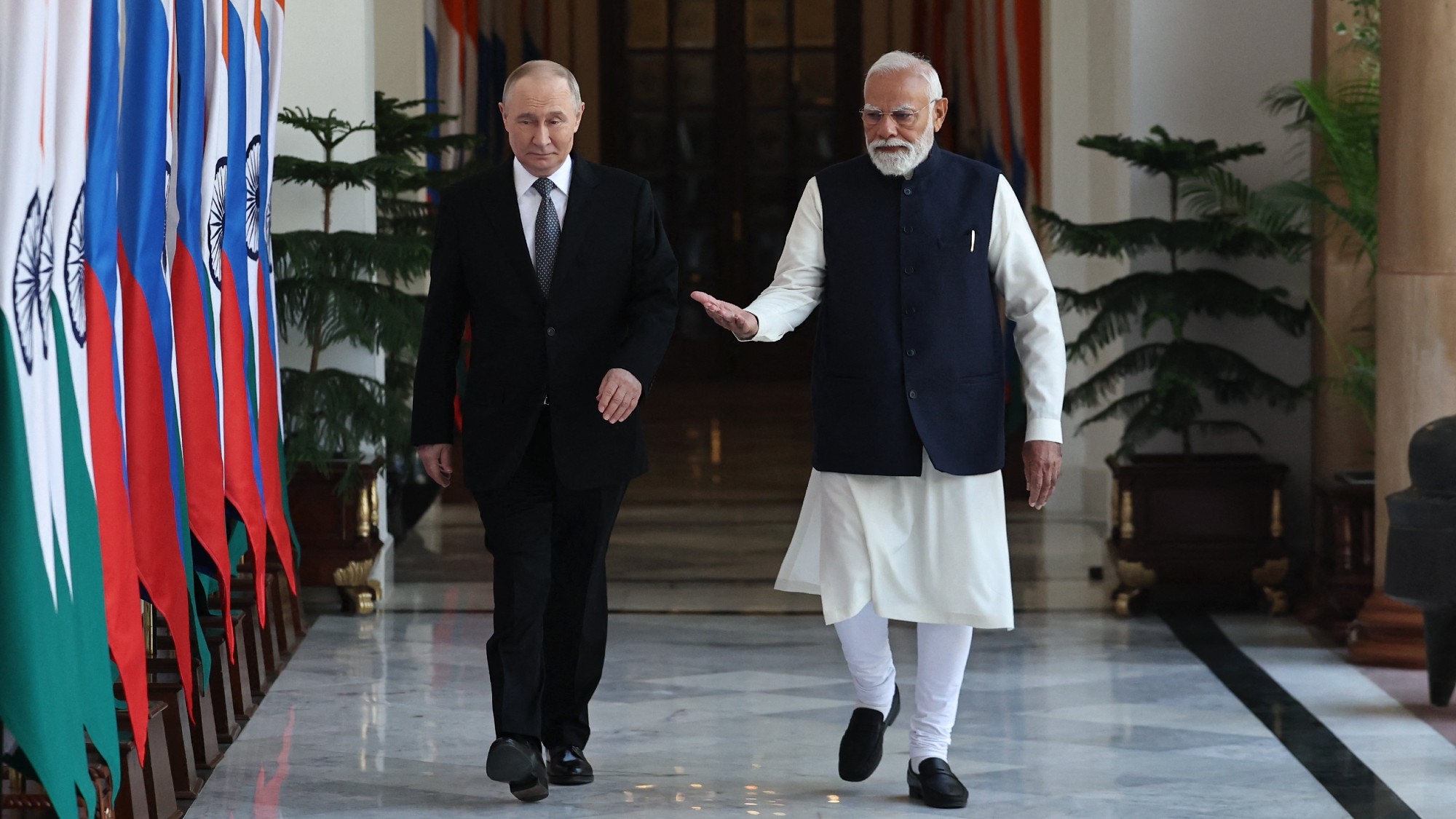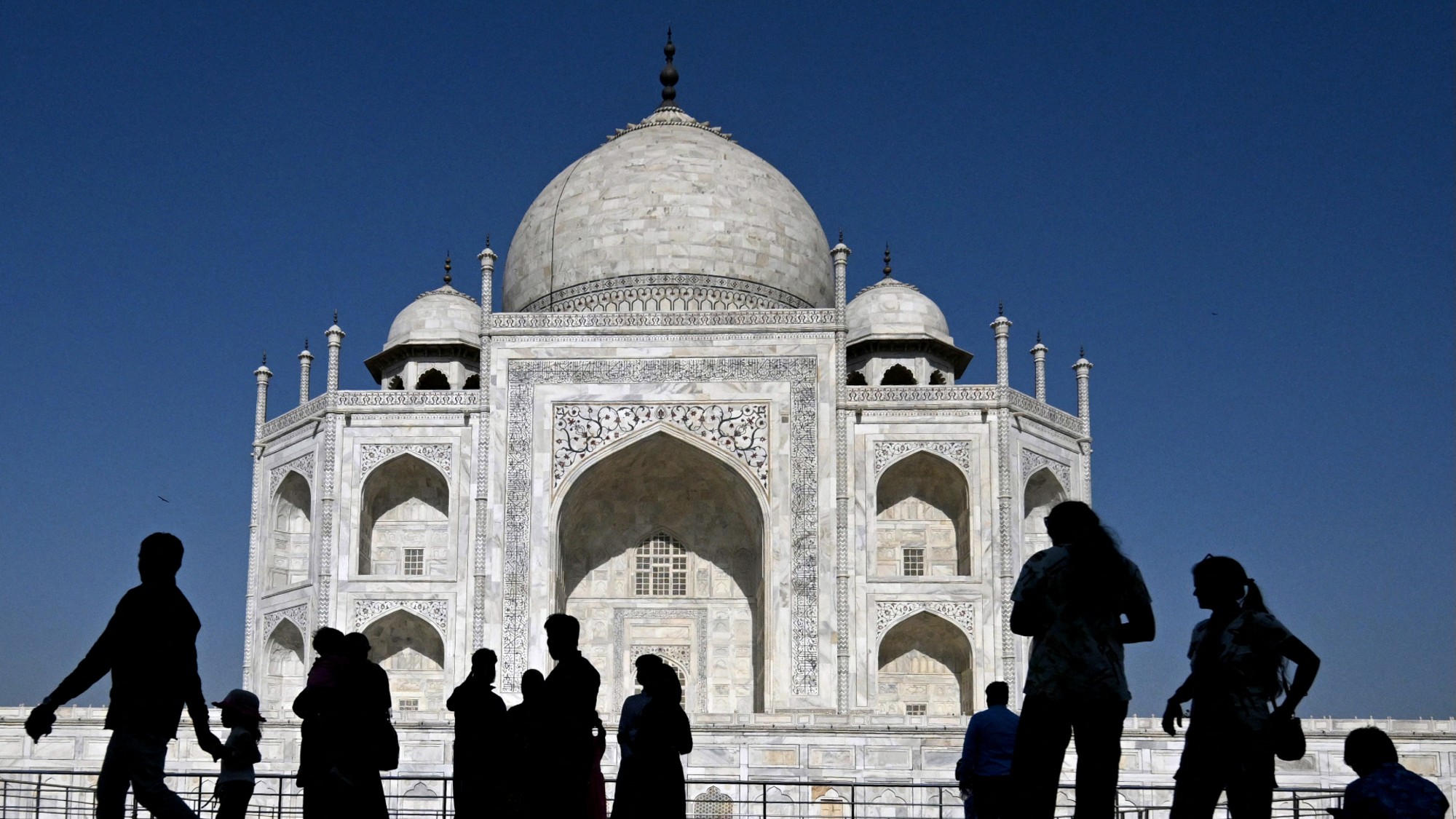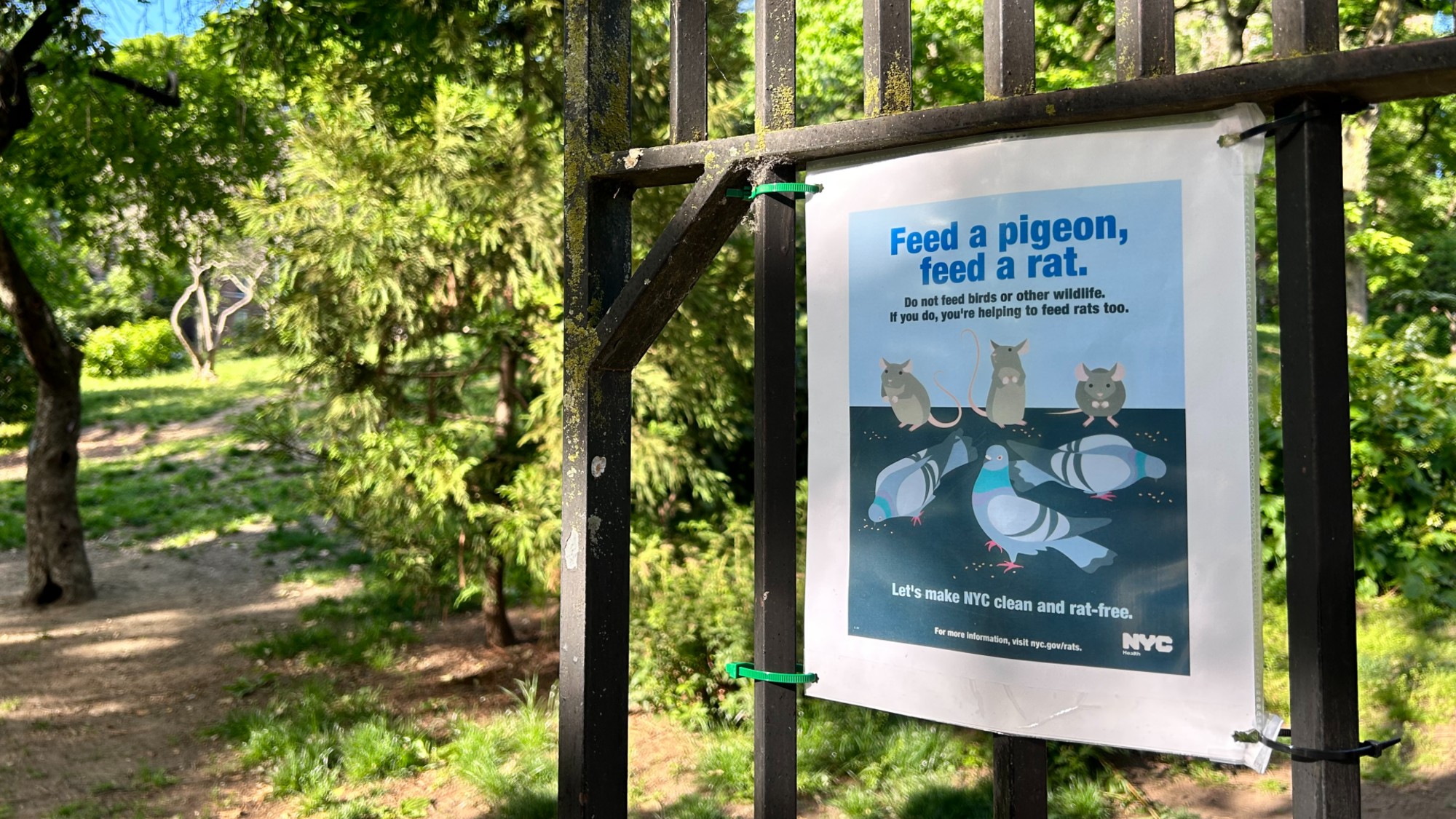First reports emerge from locked-down Kashmir
The Hindu nationalist government in New Delhi has imposed curfews, travel restrictions and a communication blackout on Kashmiri Muslims


A free daily email with the biggest news stories of the day – and the best features from TheWeek.com
You are now subscribed
Your newsletter sign-up was successful
The crisis in Kashmir continued to develop yesterday, as the UN said it was “deeply concerned” with the human rights situation and the region endured its fourth day of Indian-imposed lockdown and communications blackout.
Yesterday morning, Pakistan suspended trade with its neighbour, and downgraded diplomatic ties, expelling the Indian ambassador. In further measures on Thursday, it ceased its main train service to India, and banned Indian films.
These actions followed the announcement on Monday from Narendra Modi’s Hindu nationalist Bharatiya Janata Party (BJP) that it would abrogate Jammu and Kashmir’s special constitutional status under Article 370.
The Week
Escape your echo chamber. Get the facts behind the news, plus analysis from multiple perspectives.

Sign up for The Week's Free Newsletters
From our morning news briefing to a weekly Good News Newsletter, get the best of The Week delivered directly to your inbox.
From our morning news briefing to a weekly Good News Newsletter, get the best of The Week delivered directly to your inbox.
In the days leading up to the announcement, India moved a reported 80,000 troops into the region, before shutting it off from the world. Curfews have been imposed and the movement of goods and people in and out of the region is being controlled tightly.
What is going on in Kashmir?
The communication cutoff has made it difficult to report on what is actually happening in the region, but yesterday details began to emerge.
“Panic buying last week, as rumours circulated of an imminent curfew, saw shelves stripped of food, ATMs emptied and prices rocket - leaving many of Kashmir's poorest without key supplies,” reports the Telegraph. “Residents are now surviving with what they had to hand and many of the state’s poorest residents have no cash savings. “
A free daily email with the biggest news stories of the day – and the best features from TheWeek.com
“Everyone flooded into the grocery markets, the livestock markets, the spice markets; thousands and thousands of people buying essentials,” a student told the Telegraph. “Gas stations had cars lined up from blocks and the bank ran out of cash because people had got so much out of ATMs.”
The Associated Press cites activist Ali Mohammed, who told New Delhi Television “that he organised ambulances to carry sick poor people to hospitals in Srinagar, the main city in India’s portion of Kashmir, since they can’t even use phones to seek medical help. ‘It’s hell’ a patient told the broadcaster.”
According to Time magazine, “state-run All India Radio said security agencies have arrested more than 500 people in the region apparently to prevent any outbreak of violence.” The arrests include numerous local politicians and prominent separatists.
“Kashmir has been converted into the world’s biggest jail,'' said Pakistan’s Foreign Ministry spokesman, Mohammad Faisal.
The Guardian quotes Adnan Ashraf, spokesperson for the Jammu and Kashmir People's Conference party: “I’m certain that Kashmiris will erupt,” he said, adding that the they have “enough reason to welcome people who they think will fight on their behalf.” The people he was referring to are Afghan fighters, free after the withdrawal of US forces from Afghanistan.
What will Pakistan do?
Attention has turned to how Pakistan will react, as pressure grows on Prime Minister Imran Khan to take decisive action. However, he seems unwilling to be provocative. “What would you have me do, go to war with India?” he said, speaking in front of protests from opposition leaders in parliament.
According to the Financial Times, the reasons for his comparative inaction are largely financial: “Pakistan is struggling to overcome a severe balance of payments crisis and needs the goodwill of the US to help resurrect its economy, forecast to grow at just 2.4 per cent this financial year.”
Pakistan is being reviewed by the Financial Action Task Force (FATF) in October, and any belligerence might cause it to be placed on an international blacklist.
The FT goes on to quote Asfandyar Mir, South Asia analyst at Stanford University. "Pakistan is in a real bind,” he said. “The real question would be whether they will back Kashmiri rebels once again as they did in the 90s, but they are highly constrained. If they did that, the IMF bailout would be jeopardised and they would certainly be put on the FATF blacklist."
The question of religious nationalism
India’s population seems to be overwhelmingly in favour of Modi’s revocation of Article 370. Writing in Foreign Policy, Dibyesh Anand provides an ominous angle on events. The annexation - greeted with joy by the Indian population at large - is, he argues, an extension of rampant “Hindu nationalist fantasies” dominating Indian politics.
“It’s not the assimilation of Kashmir — whose autonomy in practice has long disappeared, diluted over the decades by military and bureaucratic means from the center — that brings this excitement. It’s not even the thought of giving the finger to India’s old archenemy, Pakistan… The joy stems from the humiliation of Kashmir’s Muslims… and the thought that this is a warning signal to all of India’s Muslims that the Hindu body politic is resurgent and unstoppable.”
Writing in the Indian Express, Pratap Bhanu Mehta echoes these concerns. “What is playing out in Kashmir is the warped psyche of a great civilisation at its insecure worst,” he says. “The BJP thinks it is going to Indianise Kashmir. But, instead, what we will see is potentially the Kashmirisation of India: The story of Indian democracy written in blood and betrayal.”
William Gritten is a London-born, New York-based strategist and writer focusing on politics and international affairs.
-
 Alexei Navalny and Russia’s history of poisonings
Alexei Navalny and Russia’s history of poisoningsThe Explainer ‘Precise’ and ‘deniable’, the Kremlin’s use of poison to silence critics has become a ’geopolitical signature flourish’
-
 Are Hollywood ‘showmances’ losing their shine?
Are Hollywood ‘showmances’ losing their shine?In The Spotlight Teasing real-life romance between movie leads is an old Tinseltown publicity trick but modern audiences may have had enough
-
 A dreamy long weekend on the Amalfi Coast
A dreamy long weekend on the Amalfi CoastThe Week Recommends History, pasta, scenic views – this sun-drenched stretch of Italy’s southern coast has it all
-
 How corrupt is the UK?
How corrupt is the UK?The Explainer Decline in standards ‘risks becoming a defining feature of our political culture’ as Britain falls to lowest ever score on global index
-
 The high street: Britain’s next political battleground?
The high street: Britain’s next political battleground?In the Spotlight Mass closure of shops and influx of organised crime are fuelling voter anger, and offer an opening for Reform UK
-
 Biggest political break-ups and make-ups of 2025
Biggest political break-ups and make-ups of 2025The Explainer From Trump and Musk to the UK and the EU, Christmas wouldn’t be Christmas without a round-up of the year’s relationship drama
-
 Is a Putin-Modi love-in a worry for the West?
Is a Putin-Modi love-in a worry for the West?Today’s Big Question The Indian leader is walking a ‘tightrope’ between Russia and the United States
-
 Is a Reform-Tory pact becoming more likely?
Is a Reform-Tory pact becoming more likely?Today’s Big Question Nigel Farage’s party is ahead in the polls but still falls well short of a Commons majority, while Conservatives are still losing MPs to Reform
-
 ‘These attacks rely on a political repurposing’
‘These attacks rely on a political repurposing’Instant Opinion Opinion, comment and editorials of the day
-
 Taking the low road: why the SNP is still standing strong
Taking the low road: why the SNP is still standing strongTalking Point Party is on track for a fifth consecutive victory in May’s Holyrood election, despite controversies and plummeting support
-
 'Total rat eradication in New York has been deemed impossible'
'Total rat eradication in New York has been deemed impossible'Instant Opinion Opinion, comment and editorials of the day
